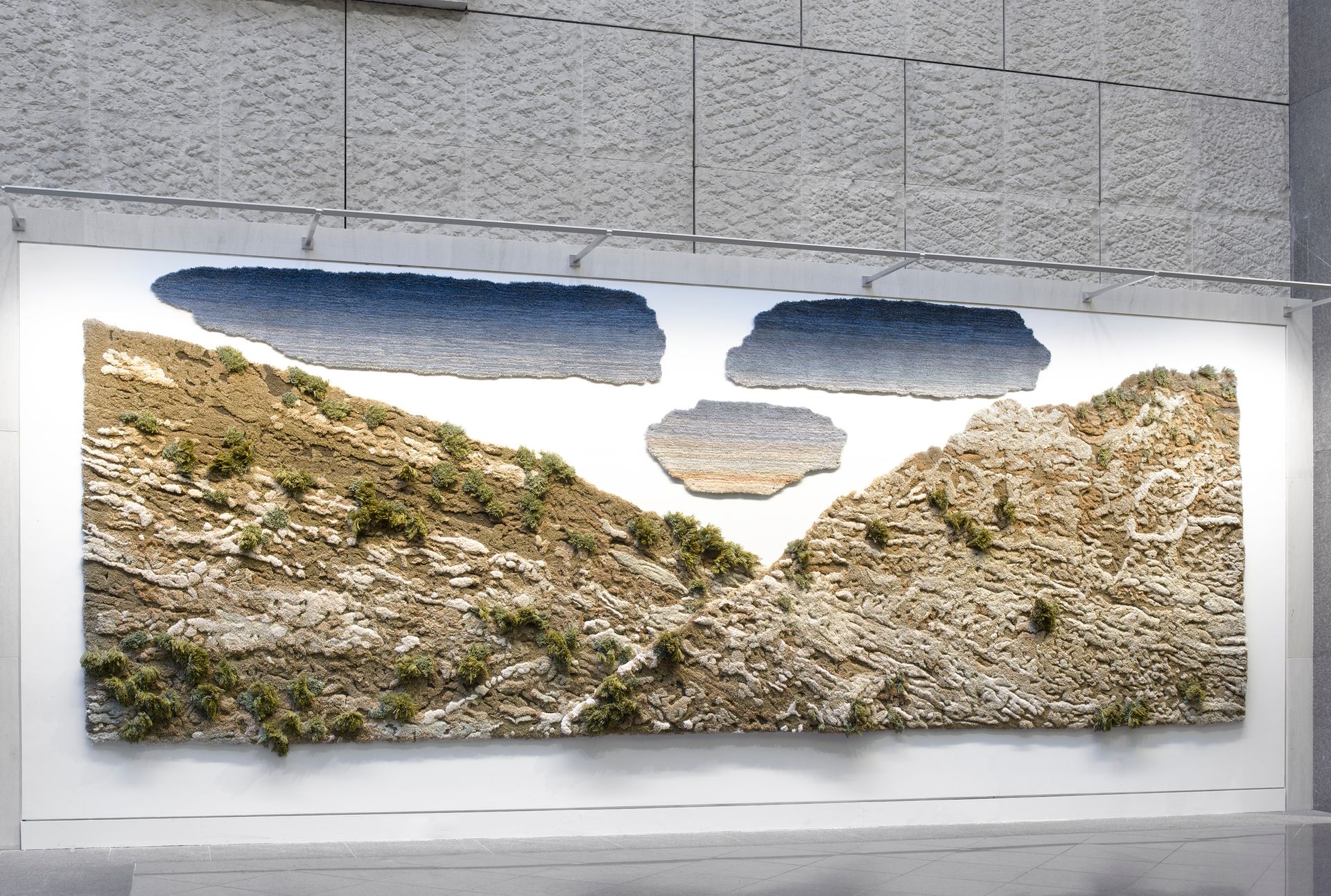How does Antigone—an ancient Greek mythological heroine, best known as the protagonist of Sophocles’s eponymous fifth-century BC tragedy—continue to resonate with our social and political climate and our personal quests for justice, thousands of years later? She is “a teenager who stood up for what she believed was morally right against the will of the state”, says Amalia Cosmetatou, the executive and cultural director of the Onassis Cultural Center in New York, which has chosen the ancient heroine’s contemporary relevance as the theme of its second annual Onassis Festival of Arts and Ideas, Antigone Now. The four-day event, which runs from 13-16 October and includes visual and performing arts, workshops, film screenings and talks, “is about giving voice to modern-day Antigones”, Cosmetatou says. “The play was the perfect vehicle to ask people what they stand for.”
A new performance piece, Past Tense, by the artist Carrie Mae Weems—who, in her socially engaged practice, could very well be described as a “modern-day Antigone”—will open the festival on the evening of Thursday, 13 October. Speaking to The Art Newspaper, Weems says that Rachel Chanoff, one of the curators of the festival’s performing arts programme, reached out to her because she knew that the artist’s performance Grace Notes: Reflections for Now, which examines violence against African Americans and democracy (2016), “is essentially the story of Antigone: the basic plot is a woman who really wants to bury her brother with some kind of dignity, with a large portion of the society saying, ‘Yes but they don’t deserve to be buried at all’”.
Weems says she had not read Sophocles’s tragedy before writing Grace Notes and realised the connection later; she quotes Billie Holiday singing “the same old story but it’s new to me”. Past Tense—a re-telling of Antigone, set in the present, with song, text, projection and video—is an adaptation of Grace Notes, and features the same singers, Alicia Hall Moran, Imana Uzuri and Eisa Davis, and Weems speaking. “Unfortunately—I’m not really a performer,” she jokes, when asked if she is participating again. Weems plans to use excerpts from Sophocles’s Antigone in the performance, and says some of the questions the play raises are: “How do we respect our dead? What are the struggles for power, and how do we accept or rebel against that power?”

While Present Tense will only be performed on the opening night, three new commissions by other visual artists at the festival will remain on view through December. A short film by Stefanos Tsivopoulos, We, Antigone, will be played on loop. It explores issues like gender, race, sexuality, social mobility and income inequality and how they contribute to identity through the story of Rakeem Edwards, a young gay black man who is homeless. A tapestry of a Greek landscape by Alexandra Kehayoglou deals with environmental destruction. And an immersive installation by the artist Maria Papadimitriou, Laboratory Antigone, which Cosmetatou describes as “a place we enter to prepare ourselves to receive tragedy as communion”.
On Saturday, 15 October, Antigone Now will feature a series of talks prefaced by “I Stand for”, including I Stand for Education: Unlocking Potential and I Stand for Gender Equality: Fighting for Fundamentals. Those who are not in New York, but would like to share their social convictions, are invited to join the discussion through the tag #iSTANDfor. As Weems says: “[Antigone’s] moral courage becomes the important thing—how she confronts and stands up to power is the question. It’s the question for all of us. She simply serves as the example of what’s possible.”

